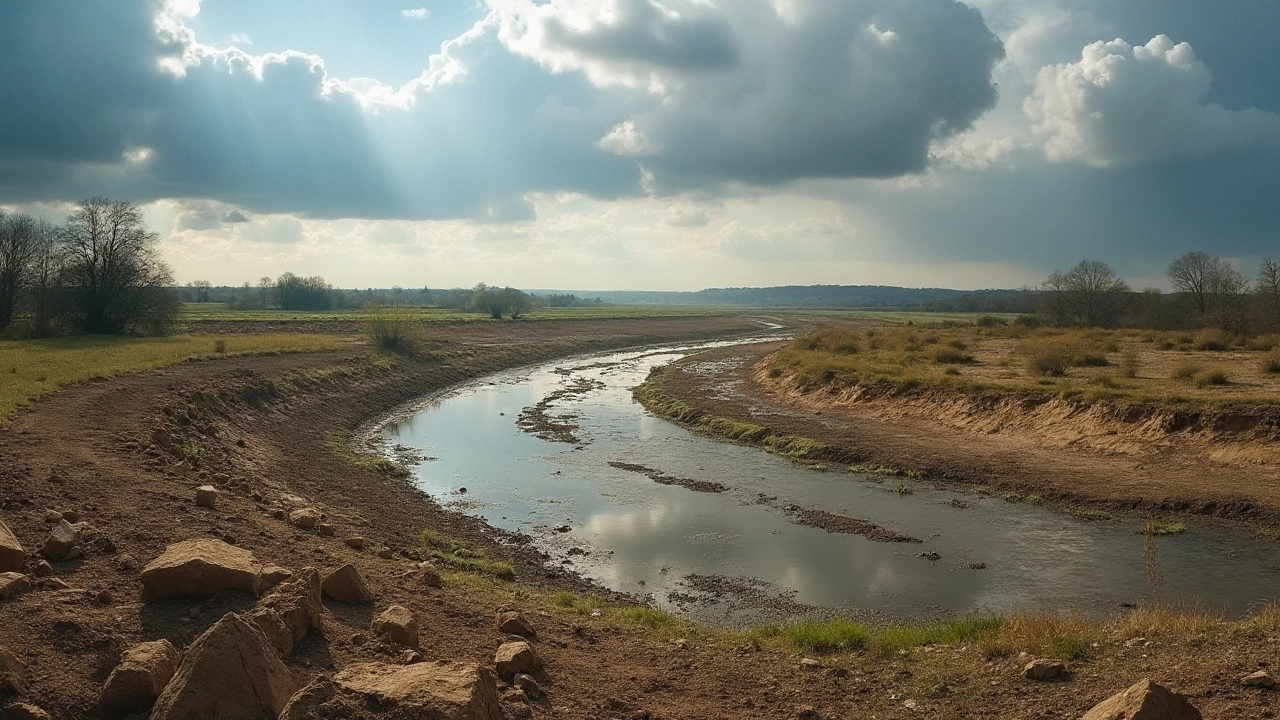Ecological Impact: Understanding What It Means for You
When you hear "ecological impact," you probably think of climate change, wildlife loss, or polluted rivers. In short, it’s the effect our actions have on nature. Every choice, from the food you buy to the car you drive, adds up to a bigger picture.
Why should you care? Because a healthier environment means cleaner air, safer water, and a better future for the younger generation. It also saves money in the long run – energy‑saving habits cut bills, and reduced waste means less landfill fees.
What Environmental Groups Do
Groups like Greenpeace and WWF are the big names you see on news stories. Greenpeace pushes bold campaigns to stop oil spills and illegal logging. WWF focuses on protecting specific species and habitats. Both use research, advocacy, and on‑the‑ground projects to lower negative ecological impact.
Smaller groups matter too. Local clean‑up clubs, community gardens, and citizen‑science teams track bird numbers or water quality. Their work often fills gaps that larger NGOs can’t reach. By gathering data and raising awareness, they help shape policies that protect the environment.
Easy Ways to Reduce Your Own Ecological Impact
Start with your energy use. Turn off lights when you leave a room, swap old bulbs for LEDs, and consider a smart thermostat. These simple steps can cut your electricity bill and lower carbon emissions.
Next, look at waste. Recycle correctly, compost food scraps, and avoid single‑use plastics. If you need to buy something new, ask if a second‑hand option exists – a lot of people donate items they don’t need, and you can give them a second life.
Transportation is another big factor. Walk, bike, or use public transport whenever possible. If you must drive, try car‑pooling or choosing a fuel‑efficient vehicle. Even a short change in commute habits can add up over a year.
Support matters. Donate time or money to a group that aligns with your values. Volunteer at a river clean‑up, help plant trees, or contribute to a campaign that pushes for renewable energy. Your involvement amplifies the collective ecological impact.
Finally, stay informed. Follow reliable news sources, watch documentaries, and read reports from trusted NGOs. Knowledge helps you spot green‑washing and choose real solutions.
Remember, ecological impact isn’t a single act – it’s the sum of many small choices. By understanding how environmental groups work and tweaking everyday habits, you can make a real difference. Start today, and you’ll see the benefits ripple through your community and beyond.

Top Environmental Challenge: Addressing Climate Change Urgently
Climate change stands out as the most pressing environmental problem today. Driving unsustainable practices and resulting in global warming, it leads to extreme weather patterns and poses existential threats to biodiversity. This article explores climate change's root causes, profound impacts, and potential solutions, alongside what individuals and communities can do to make a difference.